Nvidia’s CEO Declares the Dawn of Agentic AI: What It Means for the Future
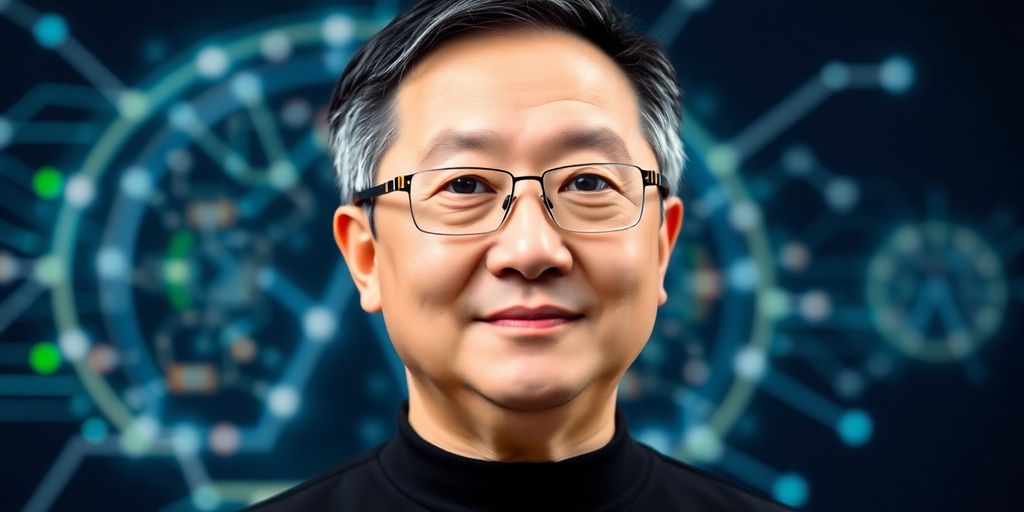
Nvidia’s CEO Jensen Huang recently announced that we have entered the age of "agentic" AI, a term that is gaining traction in the tech industry. This new wave of artificial intelligence is characterized by its ability to perform complex tasks autonomously, acting as digital assistants or coworkers across various sectors.
Key Takeaways
- Agentic AI represents a significant evolution in artificial intelligence, moving beyond generative AI.
- Major tech companies are investing heavily in developing AI agents capable of autonomous decision-making.
- The potential applications of agentic AI span multiple industries, including healthcare, cybersecurity, and customer service.
Understanding Agentic AI
Agentic AI is often described as a technology that can perform agent-like behaviors, allowing it to autonomously complete complex tasks on behalf of users. This concept builds on the foundation laid by generative AI, which focuses on creating content based on input data.
Definitions of agentic AI vary among industry leaders:
- Nvidia: Describes agentic AI as using sophisticated reasoning and iterative planning to autonomously solve complex, multi-step problems.
- IBM: Defines it as a system with "agency" that can make decisions, take actions, and solve complex problems beyond its training data.
- Microsoft: Envisions AI agents ranging from simple chatbots to advanced assistants capable of running complex workflows autonomously.
The Evolution of AI
Industry experts suggest that we are witnessing a third wave of AI development:
- Predictive Models: The first generation focused on analyzing data to make predictions.
- Generative AI: The second wave, driven by deep learning models like ChatGPT, which can generate content.
- Agentic AI: The current wave, characterized by intelligent agents that can autonomously handle complex tasks.
Salesforce CEO Marc Benioff highlighted this evolution, stating that intelligent agents are now capable of managing intricate tasks without human intervention. Salesforce’s recent launch of its Agentforce suite aims to deploy over 1 billion AI agents for businesses by the end of 2025.
Major Players in Agentic AI
Several tech giants are making strides in the development of agentic AI:
- Google: CEO Sundar Pichai announced that the company has been focusing on developing more agentic models, particularly during the launch of Gemini 2.0.
- OpenAI: Plans to introduce an AI agent named "Operator" that can perform tasks like writing code or booking flights on behalf of users.
The Future of Work with Agentic AI
As agentic AI continues to evolve, its integration into the workforce is anticipated to reshape various industries. Experts predict that by 2025, we may see the first AI agents actively participating in the workforce, assisting human employees in their daily tasks.
The implications of this technology are vast, potentially enhancing productivity and efficiency across sectors. However, it also raises questions about the future of work and the role of human employees in an increasingly automated environment.
In conclusion, the age of agentic AI is upon us, promising to revolutionize how we interact with technology and redefine the workplace. As companies invest in this technology, the landscape of artificial intelligence will continue to evolve, paving the way for a new era of digital collaboration.
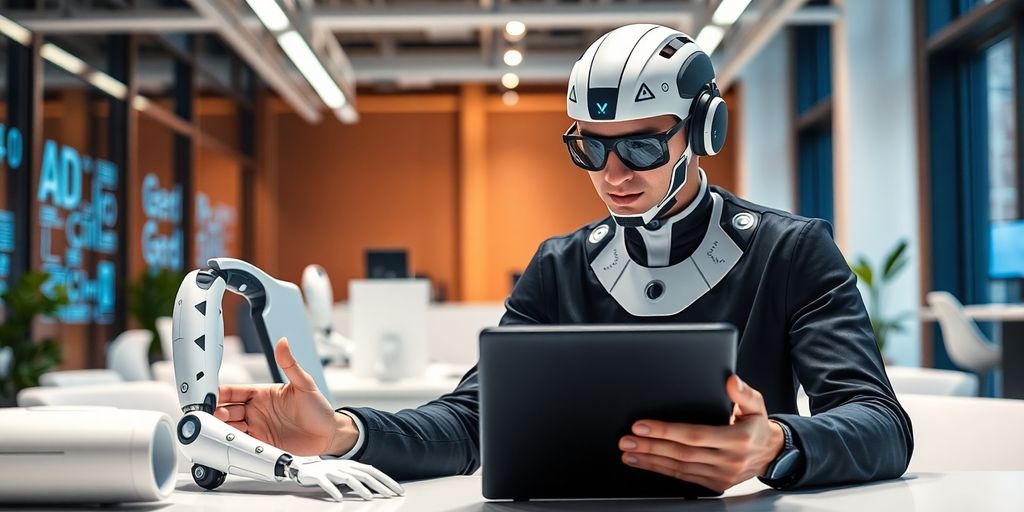
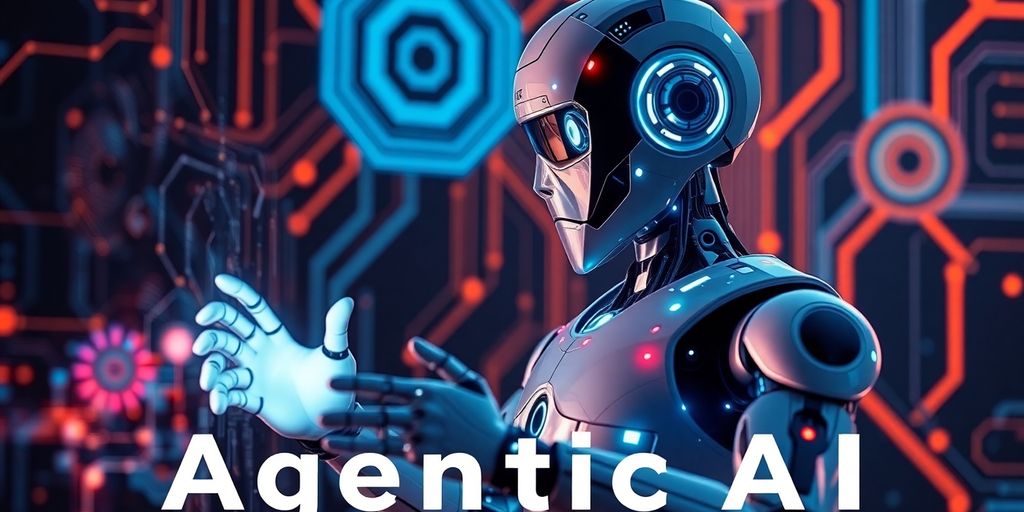
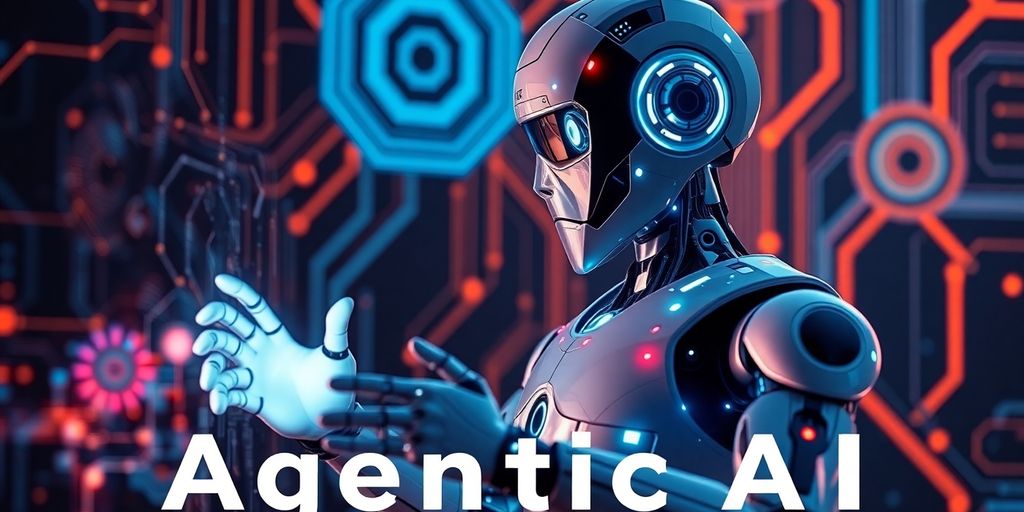



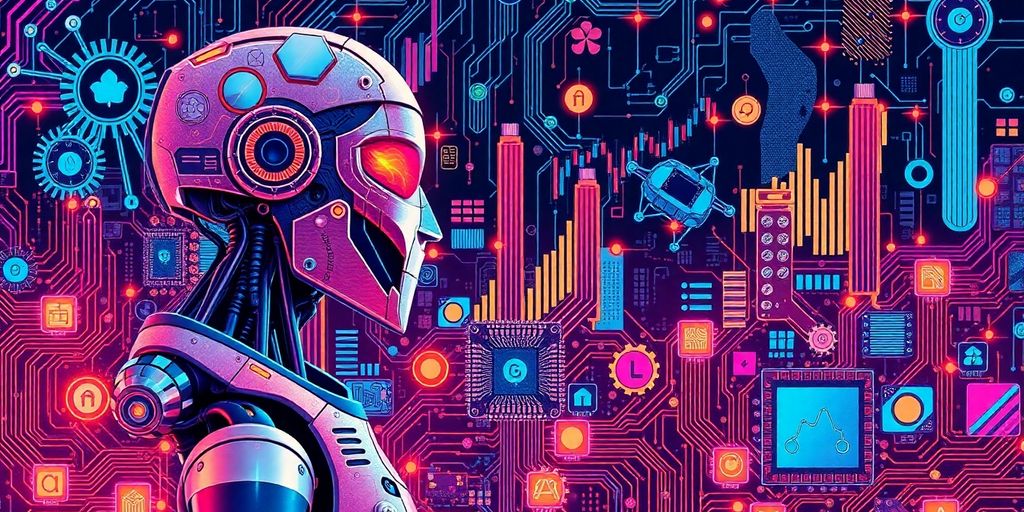
Responses